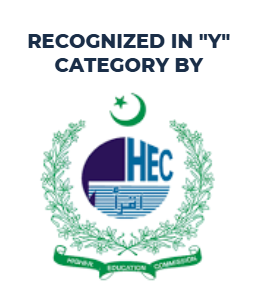Amending the Indus Water Treaty
DOI:
https://doi.org/10.24312/ucp-jlle.02.02.202Keywords:
internationallaw, induswatertreaty, internationalwaterlaw, environmentallaw, climatechange, waterdisputesettlement, indopaktreaty, indusriverbasinAbstract
The Indus Water Treaty 1960 (‘IWT’) has been a hallmark for transboundary water management and peaceful settlement of transboundary water disputes since its inception. However, recent demands on behalf of India for renegotiation of the IWT bring forth the question of whether there is a need to amend the IWT. It has been indicated that the Indus basin is situated in the area worst affected by climate change. As such, it would be beneficial to both parties to ratify an amendment that establishes a flexible allocation mechanism that reallocates water to accommodate the depreciating downstream flow, ensuring a fair distribution of water to Pakistan. Variability management should also be applied in the creation of new amendments, acknowledging that due to uncontrollable circumstances brought on by climate change, water availability may fluctuate. Other renegotiation reasons fall into distribution and development plans involving the Indus Basin. In this regard, amendments may include regulating the utilisation of the river waters; global climate change; utilisation of groundwater; joint basin development; enhancing the role of the ‘Permanent Indus Commission’; incorporation of international law developments post-1960 etc. Accordingly, this paper has inquired into the primary and secondary sources of research, including treaties, international conventions, judgments of international courts and tribunals, books, research articles etc.
Downloads
Published
Issue
Section
License
Copyright (c) 2024 UCP Journal of Law & Legal Education

This work is licensed under a Creative Commons Attribution-NonCommercial 4.0 International License.




